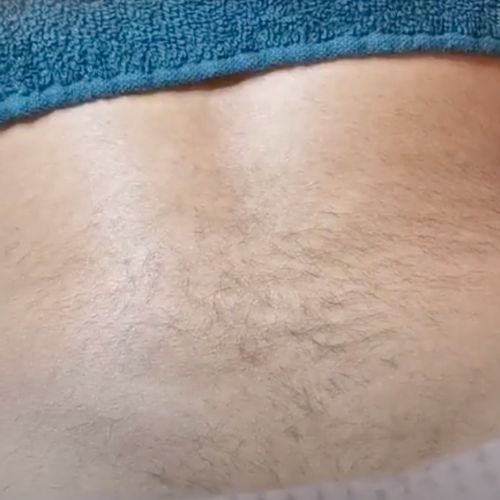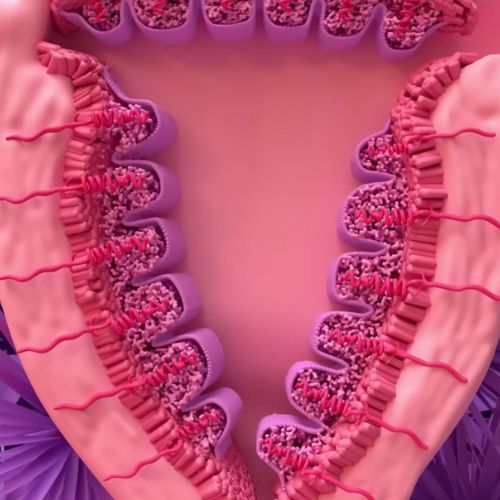The nature and effects of a hormonal imbalance is something women are perhaps much more familiar with than men. But as a woman, when you are contemplating hormonal fluctuation, it is usually in the context of estrogen and progesterone. Nothing wrong with that since these are the primary female sex hormones. Yet, you could have a testosterone imbalance too. Shocked? Don’t be. I will tell you why and how women could have high testosterone.
Quick facts overview
Do women have testosterone?
Before you throw your basic knowledge of biology out the window, let’s get one fact out of the way – testosterone is the primary male sex hormone. That notwithstanding, women do have testosterone too – just not in the same quantity as men (15-70 nanograms per deciliter compared to 270-1,070 ng/dL). By the way, men have estrogen but that’s a different conversation. While testosterone in men is made in the testes, the production occurs in the ovaries and adrenal glands in women.
Since testosterone is naturally present in women, there is a range within which it is deemed normal. Women with testosterone that significantly exceeds this band are deemed as having high testosterone. Aside from undergoing a blood test, high testosterone in females does lead to some physiological changes that should serve as symptoms.
What are the symptoms of high testosterone in females?
In mild to moderate instances of high testosterone, you could see the following.
In severe instances, expect the following.
Common causes of high testosterone in women
High testosterone could be caused by dozens of factors. Most times though, either one (or a combination) of the following is the culprit.
Diabetes
Type 3 diabetes means having high blood sugar levels. This can stimulate testosterone production in the ovaries especially among women that have PCOS.
Hirsutism
A condition affecting nearly 8 percent of women, Hirsutism is a condition that leads to the growth of excess hair on the face, chest and back. How much growth you experience is partly dependent on genetic predisposition. Most times though, hirsutism is the result of androgen hormone imbalance.

Insulin resistance
Insulin resistance is a condition where the body does not recognize the hormone insulin. This results in an increase in blood sugar. As the insulin remaining in the bloodstream is unutilized, it stimulates increased production of testosterone by the ovaries.
Polycystic ovary syndrome (PCOS)
PCOS is a hormonal disorder affecting 6-12 percent of women of reproductive age. It is caused by a surge in androgen hormones. Telltale signs of PCOS include prolonged or irregular periods, excess body hair and enlarged ovaries. In severe instances, it may lead to miscarriage, infertility, obesity, diabetes, heart disease, endometrial cancer and depression.

Congenital Adrenal Hyperplasia (CAH)
CAH is a hormonal genetic disorder affecting the production of hormones by the adrenal glands. Most times, CAH causes an overproduction of androgen hormones like testosterone. Symptoms of this condition include severe acne, early onset of pubic hair, masculine features and infertility.
Thyroid issues
The thyroid gland regulates numerous body functions including hormone production, concentration and metabolism. Studies have shown a link between an underactive thyroid and free testosterone. Hypothyroidism may curtail the production of sex hormone binding globulin (SHBG) thereby increasing the amount of free testosterone.

Gigantism and dwarfism
Gigantism and dwarfism are caused by too much or too little production of the growth hormone. Both gigantism and dwarfism are associated with causing an imbalance of other hormones including testosterone.
When should you see a doctor?
High testosterone may have a substantial impact on your health, self-confidence and overall quality of life. So if you suspect you have it, the best time to set an appointment with your doctor is now. Treatment options will vary depending on their gauge of the severity and their determination of the root cause. The doctor will assess your physical symptoms, run a blood test or, in the case of PCOS, perform an ultrasound of your uterus.
Oral contraceptives have proven effective in blocking testosterone but will probably not be the best path to take if you are planning to get pregnant soon. If you have to use birth control, low doses should do. Either way, treatment is by prescription only. You could aid the process by making lifestyle changes including switching to a healthier diet and scheduling regular exercise.
Conclusion
High testosterone in women is not the most pleasant experience. The unwanted masculine features that can make for an uncomfortable everyday life. Yet, aside from this blow to your self-confidence, high testosterone poses grave, life-altering health risks if left untreated. We are talking about infertility, cancer, cardiovascular illness and more. Don’t take chances. The faster you address it, the better the treatment outcomes.

